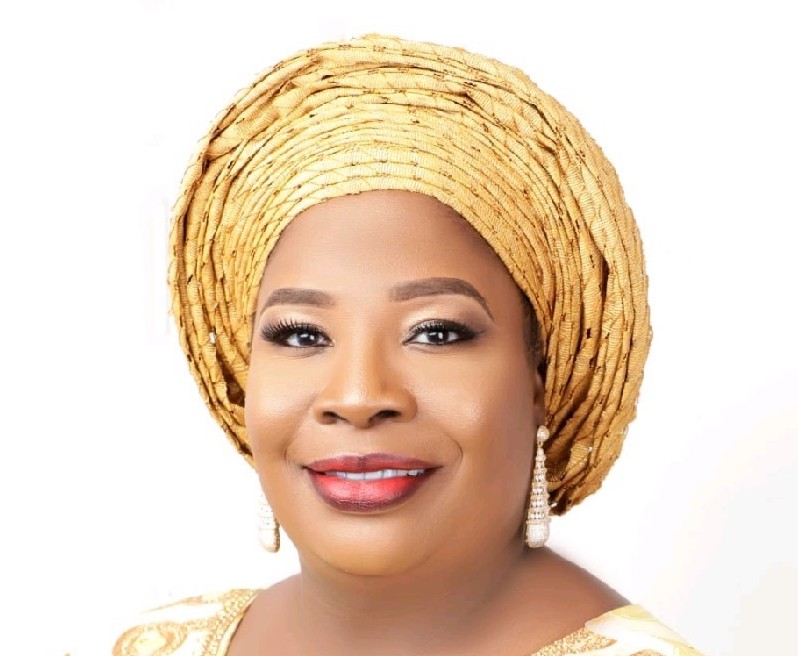Experts in the marine and blue economy sector have raised concerns over Nigeria’s underutilisation of its vast maritime resources, warning that the country’s continued sea blindness poses a major threat to its economic sustainability.
They lamented that Nigeria’s coastal waters, once hubs of commercial ferry activities and vibrant fishing economies, are now neglected, with many inland waterways abandoned or polluted and ferry services diminished.
This was disclosed at an executive course on blue economy for media practitioners organised by the Nigerian Navy (NN) International Maritime Institute of Nigeria (IMION) held at the institute in Apapa.
The Chairman, Board of Trustee (BOT) of the Maritime Security Practitioners Association of Nigeria, Rear Admiral Francis Dan Akpan (rtd), in his lecture titled: ‘Introduction to the Blue Economy’, stated that despite having over 54,000 square nautical miles of maritime domain, Nigeria remains heavily disconnected from the sea, both economically and culturally.
“Sea blindness is the ignorance of people to appreciate the importance of the maritime domain. This applies not just to the public, but also to policymakers and scholars,” he stated.
According to Akpan, the Nigerian government’s 10-year Marine and Blue Economy Policy (2025–2035) is a commendable step forward, targeting the creation of three million jobs, the establishment of six modern fish processing plants, promotion of coastal tourism and a $2 billion investment in offshore renewable energy by 2025.
Additionally, he noted the collapse of Nigeria’s fishing industry due to unregulated foreign access, depletion of fish stocks and lack of investment in modern trawlers and cold chain infrastructure.
“There is no seaport you visit in Asia or Europe where fishing trawlers don’t go out in the evening and return in the morning. In Nigeria, the industry has collapsed,” he added.
Also speaking at the training exercise, the President of the Nigerian Maritime Law Association (NMLA), Funke Agbor, described the recently concluded National Policy on Blue Economy as a beautiful document, but warned that implementation has always been Nigeria’s problem.
“Nigeria is a beautiful coastal country that is taking for granted the opportunities for maritime tourism, transportation and other benefits derivable from the oceans,” Agbor said.
Also speaking, the founder of Multimix Academy, Dr Obiora Madu, called for urgent reforms to reposition the country as a leading maritime player in West and Central Africa.
He pointed to the recent classification of the Lome seaport in Togo as the shipping hub of the region as a wake-up call, warning that Nigeria’s dominance in maritime trade is slipping away due to environmental neglect, outdated infrastructure, and weak policy execution.
In his opening remarks, the Director General, IMION, Thaddeus Udofia (Rtd), said that while the oceans sustain life, livelihoods, and entire economies, they are under increasing pressure from unsustainable practices and climate change.
He said the executive course is designed to empower media practitioners with the knowledge and tools to engage meaningfully with critical topics such as marine conservation, sustainable fisheries, blue energy and the socio-economic dimensions of ocean governance.
Udofia charged journalists to explore not only the immense economic opportunities within the nation’s ocean spaces, but also to consider how their voices, as media professionals, can help shape public understanding, influence policy and drive environmental stewardship.






